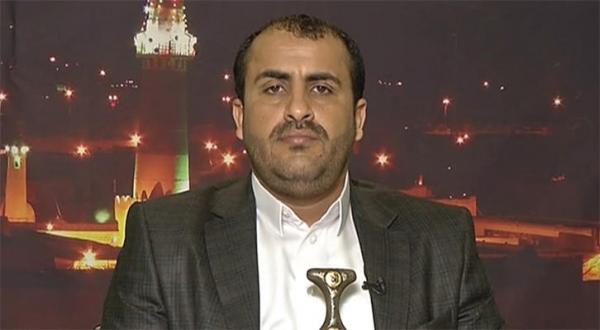Aden- Houthi delegation spokesman Mohammed Abed Alsalam stressed that his deputation no longer considers ceasefire a mere truce, but rather a serious step taken towards ending war comprehensively.
In statements he gave to Asharq Al-Awsat newspaper, Abed Alsalam accused “war mongers”-as he would call them- for spending all given efforts against the accomplished ceasefire, in hopes of disrupting the truce.
“It is the right step which should be taken before any political discussion, so that the people of Yemen trust in the earnestness of deliberations and support them thoroughly till the end,” Alsalam said while speaking on the cessation of hostilities.
Abed Alsalam confirmed that his delegation, which comprises Houthi militants and pro-Saleh members (armed supporters of the ousted Yemeni President Ali Abdullah Saleh) has agreed to negotiate according to the U.N. Security Council’s resolutions.
On top of that, Abed Alsalam reassured Houthi intentions and support to weapons being exclusive to the government. His assurance was said to hint that, abiding by U.N. resolution 2216, Houthi militants have agreed to turn in high-caliber weapons to the government.
“It is the same stance which we have delivered in official writing I sent to the U.N. Secretary General Ban Kimoon during last October,” Abed Alsalam said.
Abed Alsalam confirmed that the issue revolving around those kept captive, including Defense Minister General Mahmoud al-Subaihi, Brig.Gen. Faisal Rajab and President Abd Rabbuh Mansur Hadi’s brother is well underway towards being resolved.
Spokesman Abed Alsalam mentioned that “ the military and security state-of-affairs in Yemen is more complex and intertwined than ever; whether it be caused by widespread weaponry or governmental absence being registered in many Yemeni southern areas, which is exactly why the country is in dire need for a clear cut political agreement outlining the contours of state.”
Abed Alsalam revealed that the agreements endorsed in Dhahran South were meant to arrive at a “permanent ceasefire among representatives of military fronts and common social figureheads, monitoring and restricting any military conduct and opening road trails and passages, so that all local committees convene in each governorate with trust being shared by everyone,”
“The ceasefire and coordination delegation assembled by the U.N. at the Swiss negotiations should respect the course of work of the committees, as it was agreed,” Abed Alsalam added.
